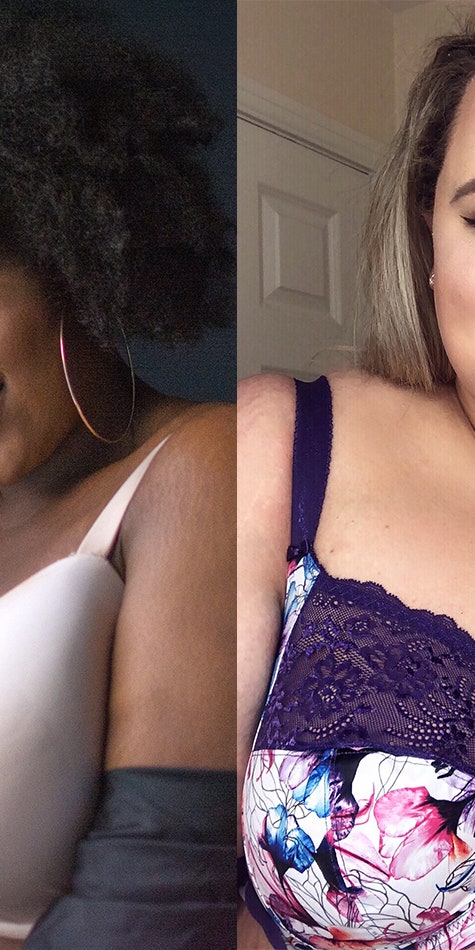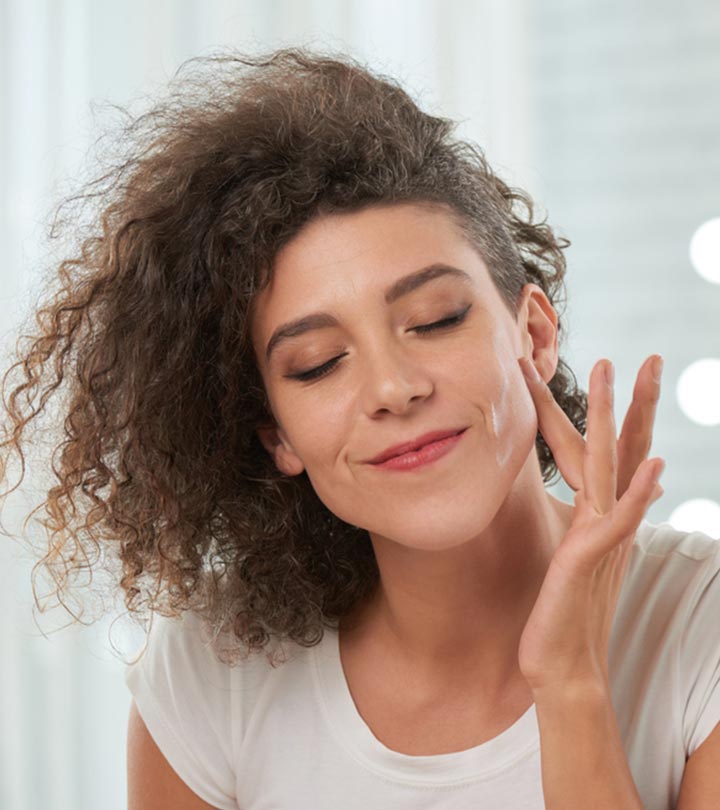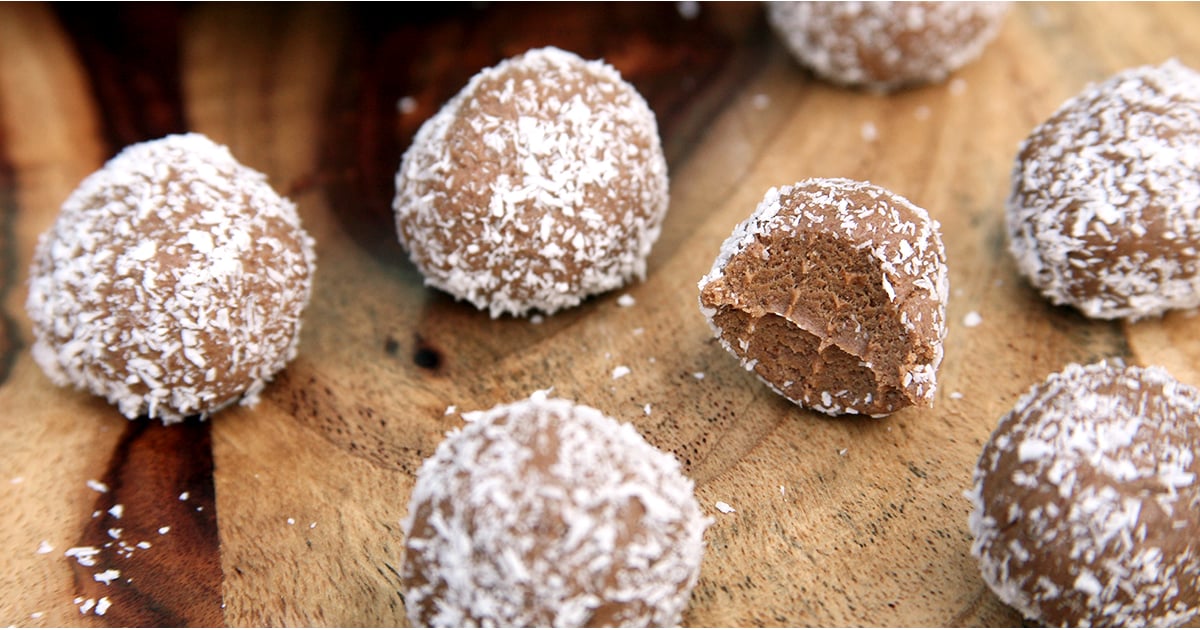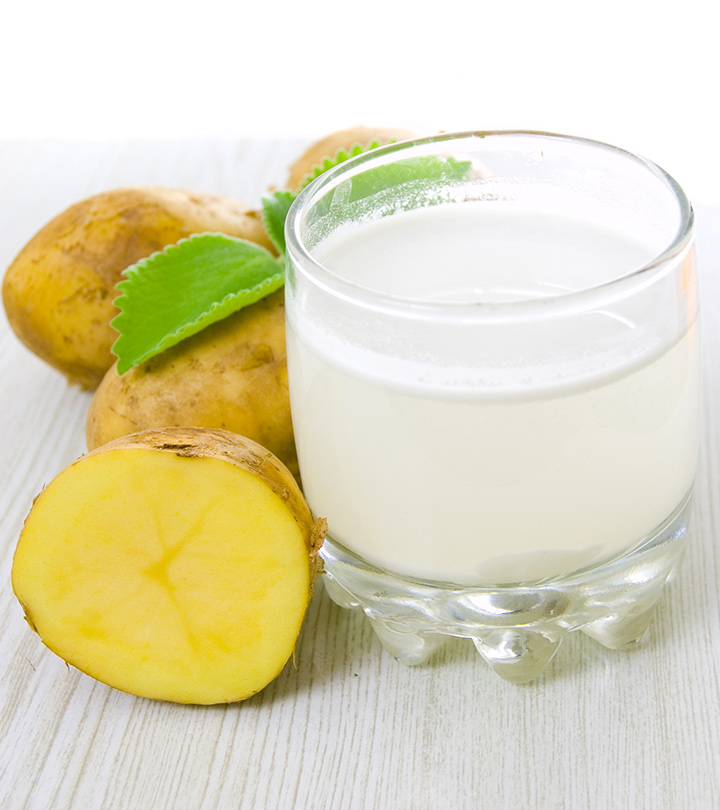Have you ever used isoparaffin for skin or products containing that ingredient? Does its presence in a product make you think twice before purchasing it? Most of us are scared of applying products with petrolatum or petroleum ingredients on our skin. Isoparaffin is one such ingredient found in creams, lip balms, deodorants, foundations, lotions, and almost everything.
Is there any reason for you to be concerned about isoparaffin? What are the reasons for all the controversies regarding isoparaffin? Should you really avoid it? Keep reading to learn the answers to the queries and the truth about isoparaffin.
In This Article
What Is Isoparaffin?
Shutterstock
Isoparaffin is a type of petroleum-based mineral oil or alkane found in creams, lotions, and moisturizers. There are 24 different isoparaffins used in cosmetic and skin care formulations to add texture and make the product viscous. It is the ingredient that gives your daily creams that thick and creamy feel without greasiness.
The most common isoparaffins found in cosmetic formulations include (1):
| Isoparaffins | Functions In Cosmetics |
|---|---|
| C 7-8, C 8-9, C 9-11, C 9-12, C 9-13, C 9-14, C 10-11, C 10-12, C 11-14 isoparaffins | Solvents, Viscosity decreasing agents |
|
Skin conditioning agent, emollient, solvents |
|
Solvents |
| C 11-12, C 15-35 Isoparaffins | Skin conditioning agent, miscellaneous solvents |
| C 18-70 | Skin conditioning agent, occlusive |
Isododecane:
|
Fragrance ingredients, solvents |
This additive is made of carbon and hydrogen atoms, does not cause any reaction, and mixes well with other ingredients to enhance your skin. This brings us to the most concerning question – is isoparaffin safe for the skin? Let’s find out.
Is Isoparaffin A Safe Ingredient For Your Skin?
Shutterstock
The answer is – yes!
According to the Cosmetic Ingredient Review (CIR) expert panel, isoparaffins are safe to use in cosmetic formulations. The concentration of isoparaffins used in the products ranges from 0.0001% (C13-14 Isoparaffin) to 90% (Isodedocane). The expert panel did not find any evidence of carcinogenic potential from exposure to isoparaffins in cosmetics (1).
What if you inhale it when you use hair sprays and deodorants? Well, the average particle diameter in aerosol sprays has a mean of ~38 µm, and 99% of the isoparaffin particle diameter range between 10–110 µm. Hence, anything less than 10 µm is respirable. This means isoparaffins in aerosols are non-respirable (1).
In animal studies, isoparaffins caused skin sensitization and ocular irritation. However, in human studies, these chemicals, whether used alone or in formulations, were found tolerable and not classified as irritants, sensitizers, phototoxici XAny specific chemical or substance that causes toxic effects on the skin when exposed to excess sunlight. , or photosensitizersi XA class of chemicals that increase sensitivity to light and make the skin irritable or inflamed. (2).
Only isohexadecane (undiluted) induced mild skin irritation in patients. However, it did not induce irritation when used in 10% concentration (in petrolatum).
Other than this,
- The FDA permits using a synthetic form of isoparaffin hydrocarbons to coat fruits and vegetables (3).
- On a scale of 1 to 10 (10 being the most harmful), the Environmental Working Group (EWG) rates C13-14 isoparaffin as 1 in terms of safety (4).
However, there are some safety concerns regarding the possible contamination of isoparaffins.
Related: 21 Home Remedies To Get Rid Of Rashes On The Face + Diet And Prevention Tips
Side Effects And Risks Associated With Isoparaffin
Shutterstock
Since isoparaffin is derived from petroleum, there are chances of 1,4-dioxane contamination, which may cause skin irritation and allergies, and the FDA considers it as a potential human carcinogen. However, an evaluation of products to trace the presence of 1,4-dioxane by the International Cooperation on Cosmetics Regulations (ICCR) reported that the chemical levels are within the acceptable margin. Therefore, the expert panel concluded that trace levels of 1,4-dioxane (less than 10 ppm) in cosmetic products are safe (5), (6).
StyleCraze SaysIsoparaffin may not be suitable for oily and acne-prone skin. As it forms a protective layer on the skin, it may lock the bacteria in, worsening the acne.
You must now be relieved that you do not have to discard all your products containing isoparaffin! Let’s try to understand how this ingredient works in synergy with the other ingredients in your product to benefit you.
Related: Mattify A Glossy Lipstick- A Step By Step Tutorial
Benefits Of Isoparaffin For Skin
Shutterstock
Isoparaffin works as an emollient and has semi-occlusive properties. It:
- Helps lock in skin moisture (best for dry skin).
- Repairs the skin and strengthens the skin’s barrier.
- Prevents the extremal irritants from penetrating the skin.
- Ensures smooth product application.
- Feels weightless and does not choke the skin pores.
- Gives the desired matte finish (when used in creams and lipsticks).
Related: 15 Easy Homemade Face Packs For Oily And Acne-Free SkinStyleCraze SaysDermatologists recommend daily use of isoparaffin for dry and flaky skin. It goes well with many other ingredients and is not known to interact poorly.
How To Use Isoparaffin For Skin
Shutterstock
Isoparaffin is included in skin and hair care products, such as creams, lotions, and moisturizers, and you do not get it separately.
As a moisturizer, this ingredient is suitable for dry and flaky skin. Check the ingredients of the products before buying them. Though isoparaffin on its own is non-comedogenici XAny substance or ingredient found in skin care and makeup products that does not clog pores. , since it may also function as an occlusive, it is better to avoid it if you have oily or acne-prone skin.
Isoparaffin is a petroleum-based alkaline used in moisturizers, lotions, and several skincare products. Studies suggest that it is safe to use isoparaffin for your skin in limited quantities. Its semi-occlusive and emollient properties help your skin retain moisture, strengthen your skin barrier, and protect the skin from environmental pollutants. It also allows the smooth application of cosmetic products on your skin. While isoparaffin is ideal for dry and flaky skin, conduct a patch test before using isoparaffin-rich products. If you experience any adverse reaction, stop its usage and consult a dermatologist.
Subscribe











